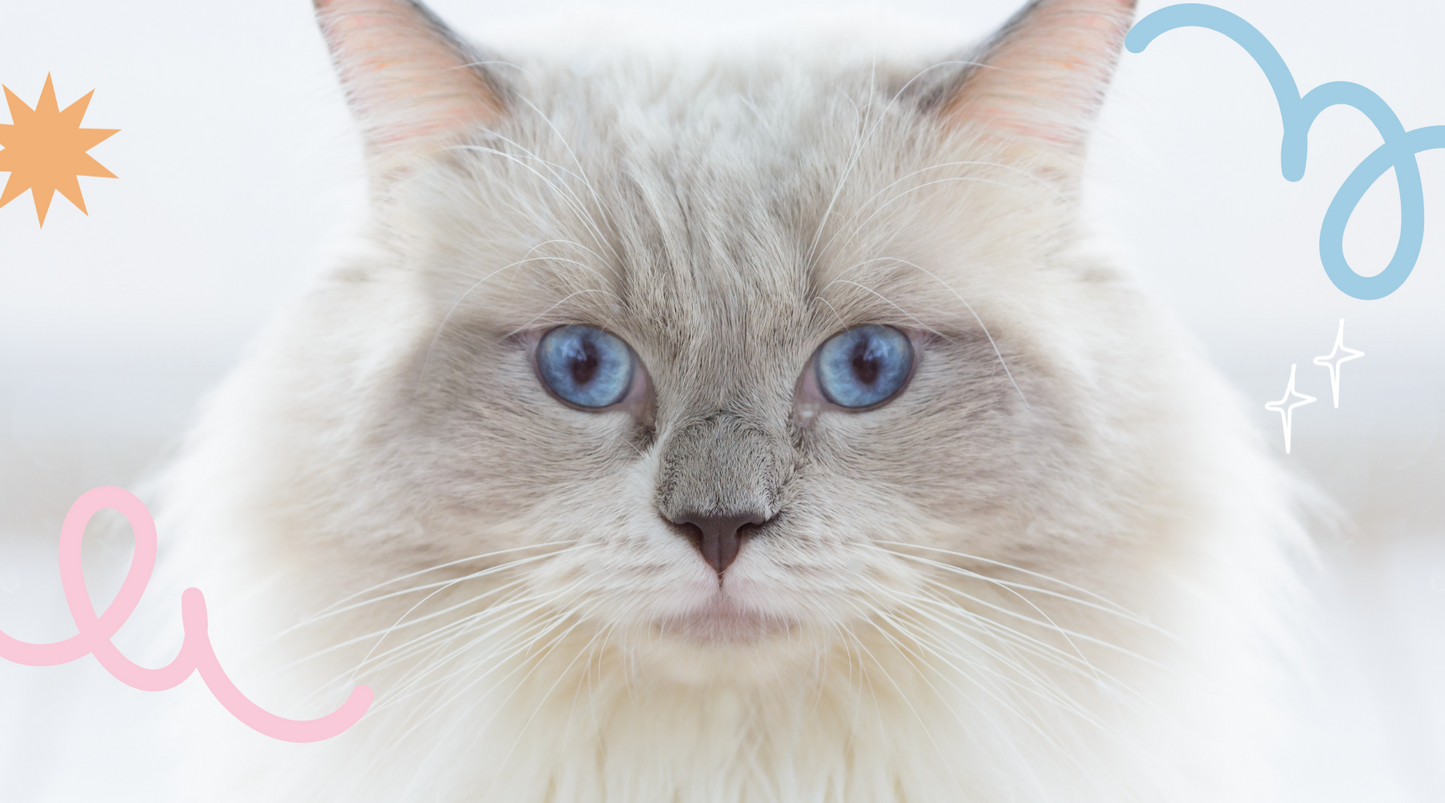
The munchkin cat, with its distinctive short legs, has captured the hearts of cat lovers around the world. This unique breed has a fascinating history and some interesting facts behind it. Read on to learn more about the munchkin cat breed - where it originated, its controversial status, and what these adorable kitties are like as pets.
What Exactly is a Munchkin Cat?
A munchkin cat is a relatively new breed of domestic feline distinguished by its noticeably short legs, which are caused by a naturally occurring genetic mutation. The munchkin breed standards describe these short-legged cats as medium-sized, outgoing, intelligent, and fond of playing games. Behind their cute appearance, though, lies an interesting line of history and debate about their health and well-being.
Where Did Munchkin Cats Originate From?
The history of the munchkin cat breed traces back to a short-legged kitten named Blackberry who was found in Louisiana in 1983. Blackberry was adopted by a music teacher named Sandra Hochenedel, who then discovered another short-legged female kitten and bred the two munchkins to create more of the distinctively short-legged cats.
Hochenedel worked to promote the munchkin cat as a newly recognized breed, gaining support from admirers who called the little cats "munchkins" after the Wizard of Oz characters. However, it wasn't an easy road - early on, critics raised concerns about potential health and mobility issues.
When Did Munchkins Become an Official Breed?
While Hochenedel introduced the munchkin cat in the 1980s, it took many years for the unique cats to gain recognition. In 1994, the International Cat Association granted the munchkins experimental breed status.
Finally, in May 2003, the munchkin was granted championship status and became TICA's newest championship breed. Other cat registries have been slower to accept the munchkin, citing controversies and concerns about breed standards supporting genetic mutations and potential health/welfare impacts.

What's So Controversial About Munchkin Cats?
Munchkin cats have faced ongoing controversy since they were first introduced in the 1980s. Critics argue that deliberately breeding cats to have genetic mutations leading to short legs is unethical. Just as breeding dogs for very short legs leads to health issues, munchkin cats may be prone to spinal problems, leg/joint issues, and mobility challenges.
Supporters counter that healthy generations of short-legged cats existed naturally before the munchkin breed, showing the mutation can occur harmless without human intervention. Breeders assert they are responsibly developing the breed to avoid spinal/leg problems associated with dwarfism. The debate continues today amongst cat fancy associations.

Do Munchkin Cats Have Health Problems?
Due to their short legs being caused by genetic mutation, there are concerns that munchkins are prone to spinal problems like lordosis and arthritis. However, breeders and veterinarians supporting the munchkin say health studies have shown the breed is generally healthy, with no higher incidence of backbone issues than other cats.
To ensure healthy mobility, responsible munchkin breeders do not breed two short-legged munchkins together. Instead, they introduce new genes into the breed by breeding munchkins with longer-legged cats. The resulting munchkin kittens tend to be robust and active. Continued health monitoring will be key for the breed going forward.
What's the Personality and Temperament of Munchkin Cats?
Despite their short legs, munchkins are described as active, playful cats with lots of energy and a fondness for climbing, exploring, and games. They tend to bond very closely with their human families and prefer staying indoors. The typical munchkin personality is outgoing, sweet, confident, and intelligent.
Munchkins enjoy learning tricks, playing fetch, and anything that captures their curiosity. Their devotion and clownish antics make them a popular breed for families, singles, and seniors looking for an affectionate feline companion.

Are There Any Special Care Needs for Munchkin Cats?
While munchkins can leap and zoom around like any cat, their shorter legs mean they may be less agile than longer-legged cats in navigating very tall furniture and jumping up or down from higher surfaces. Owners should provide step stools or ramps and limit the height of cat trees and shelves.
Avoiding obesity is also important, as excess weight puts strain on a munchkin's spine and joints. Regular exercise through play and providing interactive cat toys helps keep munchkins at a healthy weight. Overall, they have minimal special needs beyond basic cat care.
What Are Some Fun Facts About Munchkin Cats?

- While called "munchkins", they have no relation to the dachshund dog breed often nicknamed "wiener dogs". The leg mutation is different between the two breeds.
- In the 1990s, detractors of the breed called them "sausage cats" after the dachshund nickname in a bid to discourage the short legs.
- TICA breed standards specify munchkins must be over 5 inches tall at the shoulders as adults. There are unofficial "super-short" munchkins, but responsible breeders avoid extremes.
- Munchkins can come in any coat length and color/pattern, from short hair to longhair. The most common is semi-long hair.
- The average lifespan of a healthy munchkin cat is 12-15 years, same as other domestic cats.
- It's recommended to wait until kittens are at least 6 months old before allowing them to jump down from higher surfaces.
Key Takeaways on the Munchkin Cat

To recap, the munchkin is a newer pedigreed breed of cat distinguished by a genetic mutation causing short legs, but with no other physical abnormalities. Originating from a short-legged stray kitten in the 1980s, munchkins faced controversy over potential health/welfare issues but gained acceptance in the late 1990s and 2000s.
While concerns remain, health studies of generations of munchkins show they are generally robust when bred responsibly. They have outgoing personalities and make active, affectionate family pets. With minimal special care needed, munchkins offer companionship to admirers of their cute, cuddly look with fetching short legs.
- Munchkins have a naturally occurring genetic mutation causing short legs, but are not considered "dwarf" cats.
- They originated in the 1980s from a short-legged stray kitten named Blackberry.
- Controversy continues today from critics concerned about breeding for mutations.
- Health studies have shown minimal issues thus far in responsibly-bred munchkin lines.
- Munchkins have energetic, playful personalities and affectionately bond with families.
- A few special considerations like ramps can help avoid issues from their short legs.
